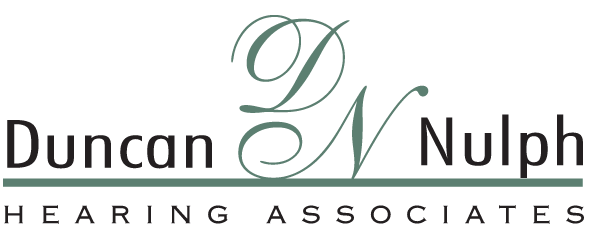Your hearing can begin to decline so gradually that you might not notice sounds becoming mumbled or far away. When family members mention that you’ve been asking them to repeat themselves or turning the TV volume higher, these comments are worth paying attention to. The audiologists at Duncan-Nulph Hearing Associates provide thorough hearing evaluations that can detect issues early, when they’re typically easier to address.
Regular hearing tests are as important as eye exams or dental checkups, yet many people overlook them until communication becomes difficult. We use precise testing methods to measure how well you hear different sounds and understand speech in various conditions. This gives you a clear picture of your hearing health and helps us recommend appropriate next steps if needed. Taking action based on your test results can help you stay engaged in conversations and avoid the frustration that comes with untreated hearing loss.
What To Expect From Your Appointment
When you arrive for your appointment, the process will typically take about an hour. We’ll start by discussing your medical history, which includes any hearing concerns you’ve noticed, any family history of hearing loss and other factors that could be influencing your hearing. This conversation helps us understand your symptoms in context and ensures we approach your care in a personalized way.
Following that, a physical examination of your ears will be performed to check for any visible issues, such as earwax buildup, infection or damage to the ear canal. Once the physical exam is complete, we’ll move on to the testing phase. This step will help us evaluate how well you hear and determine the most appropriate recommendations for your hearing care.
You may want to bring a close friend or family member with you to the appointment. They can help you remember everything you learn and make sure you ask all of the questions you thought about before the session.
What Hearing Tests Are Used?
The specific hearing tests we use will vary based on factors like your age, symptoms and medical history. Our goal is to understand what’s causing your hearing loss, what part of your auditory system is affected and what form of care you may need to move forward. Tests we may consider, include:
- Pure-tone audiometry: Measures the softest sounds you can hear at different pitches, helping determine the degree of hearing loss.
- Speech audiometry: Assesses your ability to hear and understand speech at various volumes, indicating how well you can follow conversations.
- Tympanometry: Measures the eardrum’s response to pressure changes, helping detect issues like fluid buildup or middle ear problems.
- Otoacoustic emissions (OAE): Checks inner ear function by measuring sounds produced in response to stimuli, often used for newborn hearing tests.
These tests provide valuable information to help guide your hearing care and treatment.
Understanding Your Results
Understanding your test results is key to making informed decisions about your hearing care. After the tests, your audiologist will explain the findings in clear, straightforward terms, detailing the type and degree of hearing loss, if present. They will also discuss how the results impact your ability to hear in different environments, like quiet or noisy settings. Based on these results, your audiologist will recommend the best next steps for treatment or hearing aids tailored to your needs.
